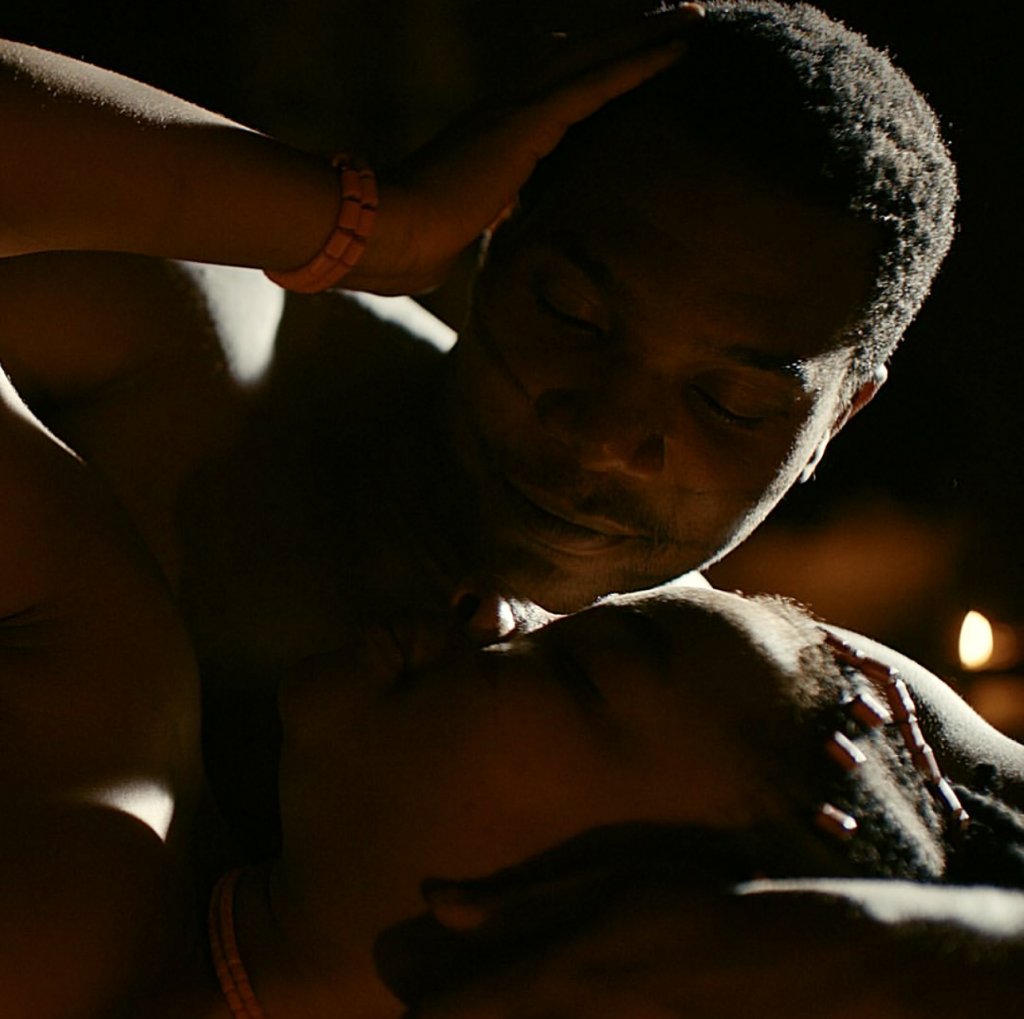No products in the cart.
Netflix’s Aníkúlápó Highlights the Need for Verbal Consent
TW: Sexual Assault
Everybody loves spontaneous sex scenes in movies, but at what point does it become damaging?
Kunle Afolayan’s Aníkúlápó is currently streaming on Netflix and was released on the 30th of September. It follows the story of Saro, a man who evades death after being brought back to life by a mystical creature. The story is actually much deeper than the synopsis describes. The film is layered with lessons, metaphors and moments that call for deep introspection. My personal favourite part about this movie was the way in which it normalised the sexuality of women. It strayed from the traditional portrayal of women in ancient times and their disposition towards sex. I would say it tried to be sex positive to an extent – a very small extent. Awarun, played by Sola Sobowale and Arolake, played by Bimbo Ademoye were 2 female characters of completely different ages, who were portrayed as dominants. They both were involved with Saro during the course of the film. The ending was tragic but fitting; you really shouldn’t bite off more than you can chew.
Parts of Aníkúlápó were a bit confusing for me and the friends I watched it with. It was unclear during some sex scenes if things were consensual or not. At first it was a scene with Awarun coming to Saro in the middle of the night. No words were said but she smiled creepily at him and proceeded to lay on top of him. He responded to her with actions as well but again, no words were said. Shortly after, a sugar mummy/benefactor relationship was established between them both. They also began to have frequent and consensual sex. In another confusing scene, after Arolake met Saro for the first time at the palace, she literally jumped him in the forest, in the middle of the night. The scene honestly scared me because I thought he was being attacked. I was also really uncomfortable because I wasn’t sure whether I had witnessed rape or consensual sex. The last confusing sex scene for me happened when Saro tricked Arolake’s aide to help him in his chambers and then proceeded to throw her on the bed while she screamed “no” repeatedly. It was genuinely kind of violent and triggering. There was just so much confusion for me because when the girl got pregnant shortly after, she was so apologetic to Arolake and it angered me. It was somehow her fault and I didn’t understand why. Even a few years later when she became one of Saro’s wives, everything appeared to be fine.

I struggled to associate consent with these scenes because it just wasn’t clear. That lack of clarity is a huge problem in itself. As with real life sexual interactions, when there is confusion around consent, something isn’t right. It might be easy to write these things off because these characters established a sexual relationship after those initial encounters, but I think the intitation is just as important as the aftermath. We live in a world, particularly in the Nigerian society, where consent is still heavily debated. There are thousands, if not millions, of people who believe consent lies in the unspoken moments. Some people interpret touch, fleeting looks or even random moments as a form of consent.
Rape culture already perpetuates so much of these weird assumptions which we are working to unlearn as a society. If consent ever lies in the unspoken, it is more than likely between partners or people with pre-established sexual rapport. And even then, consent should still be sought out vocally and granted in the same vein. A lot of confusion around consent lies in assumptions; People assuming that someone has given them the “signal” or believing that an absolute stranger wants to engage in sexual activity with them. In the bid to educate more people on how consent works, I believe the media at large plays a role in this. It would’ve been great if the filmmaker had taken a second or two (asking for consent can be that quick) to show these characters asking for consent verbally. Of course, political correctness may not be expected from a film set in the times of Old Oyo Kingdom but I do expect it from a film released in 2022. It’s easy to gloss over these things because they might not appear to be integral to the storyline, still the right attitude towards change has to start here and now.














Nice piece tho, very agreeable, but don’t you think if that is the way it was happening in the ancient Oyo empire don’t you think it has to be depicted that way rather than concealing information, the script writer could have found a way to make us know that rape is a very bad thing probably by adding scenes where Saro was caught and punished or same thing goes for arolake but I would not call the awaruns scene rape because he pulled her to himself, he obviously wanted it …
But critically looking at it if these scenes where in the movie would you have enjoyed it?
Because personally I feel the whole message would be distorted and go in one direction rather than the multiple lessons it was meant to teach.
Again SAY NO TO RAPE!